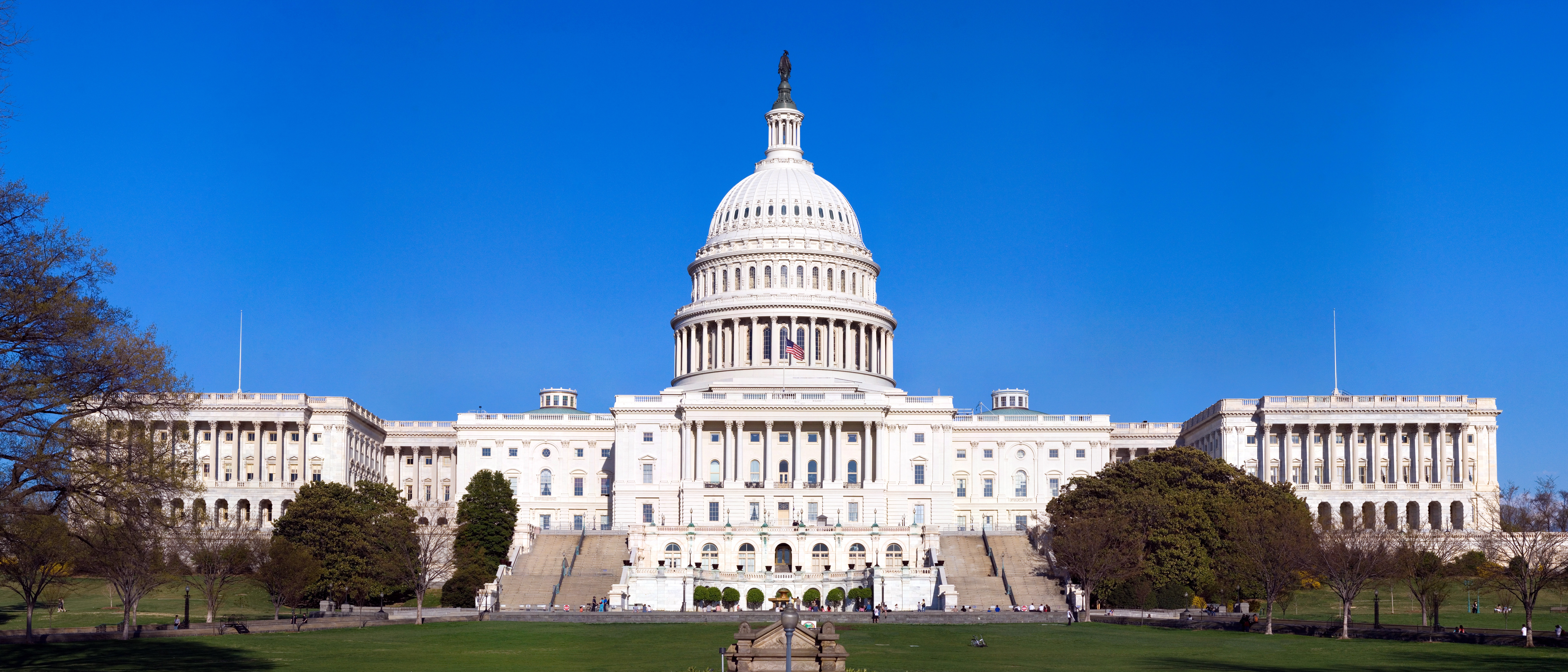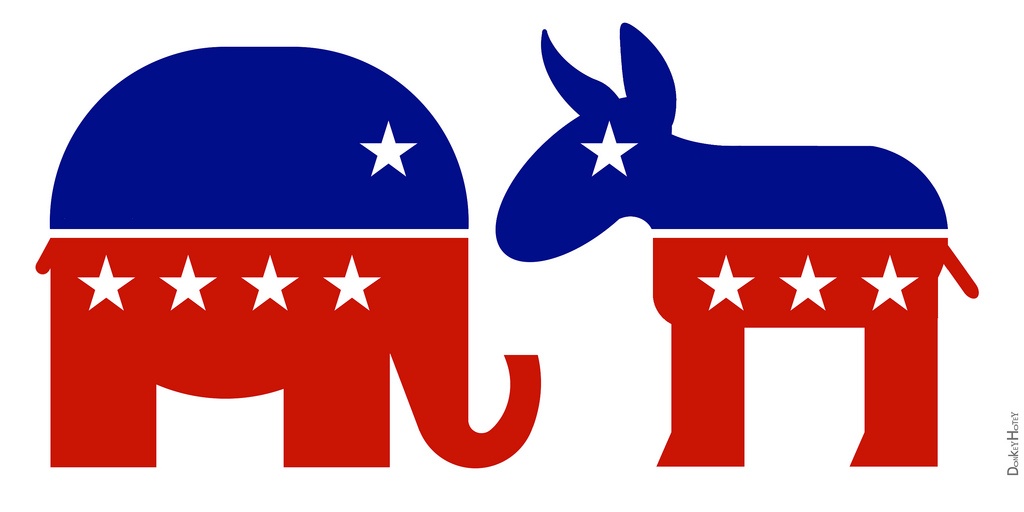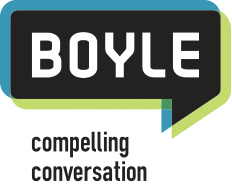The Intersection of Business and Politics Doesn’t Always Result in Death

This item (below in italics) from today’s AXIOS A.M. caught my eye and provides a chance to share a few thoughts:
“At the end of the day, politics comes for you.” That’s a hard reality that startups must face and embrace, according to Bradley Tusk, an ex-Mike Bloomberg campaign manager turned tech investor.”
Why it matters: Tusk has parlayed his career’s lessons into a new book, “The Fixer: My Adventures Saving Startups from Death by Politics,” which he hopes can help startups operating in highly regulated industries like transportation, sports betting, and cannabis.
Top lesson: “You’ve got to take government and politics seriously because it can make or break your business,” says Tusk. After years in politics, he decided to open a consultancy to help businesses launch political-style campaigns on public issues. (Source: www.axios.com)
First, congratulations to Tusk on his success helping Mike Bloomberg become NYC mayor and on his own subsequent success as a tech investor. I’ve dabbled in politics and tech startups myself, but not in the same leagues that Tusk has played.
Nevertheless, since one’s own blog is not the place to be modest, here are a few of my own lessons learned when it comes to the intersection of business and politics.

- “Death by Politics” doesn’t just affect start-ups. Mid-career I worked for Sallie Mae, which was then in the midst of a successful process to shed its status as a government-sponsored enterprise, or “GSE.” It took politics to make that happen, and Sallie Mae looked to be off to the races, both in its ability to serve students and its market cap. Subsequent scrutiny of the student loan industry, however, led to the very political decision to essentially eliminate the federal family education loan program in which Sallie Mae was a key player and to replace it with a program run by the federal government itself. Sallie Mae didn’t die, but it had to split into two entities in order to survive.
- “Death by Politics” is a constant fear in the media industry, where I spent a considerable portion of my career, including a decade at Discovery Communications, parent company of Discovery Channel. Because people (even in the 1980s) wanted more choices to watch on television, cable TV was bound to grow. Broadcasters, however, were fearful of losing market share, so they did everything they could to make sure that Congress and the Federal Communications Commission did not favor the new cable players when it came to enacting laws or promulgating regulations. The National Cable TV Association, realizing that consumer choice momentum was on its side, played offense during that period, a posture that led – for the most part – to favorable business conditions on the federal and state level. The so-called “franchise wars” though, in which cable operators competed to be THE PROVIDER in a municipality, were by their very nature “life or death” experiences.
- “Death by Politics” is also a fear in the education industry, or as some prefer to call it, the “education community.” Clearly, there is no other business in America that is so intertwined with government at all levels. While much media focus attaches itself to the US Department of Education, those who run schools inherently understand the famous Tip O’Neill maxim that “all politics is local.” There are well more than 10,000 local school districts in the U.S, along with thousands of community colleges, private non-profit colleges, state two-year and four-year schools and for-profit institutions. All of them – even online-only schools – have a base of operation somewhere and they know that local politicians are key decision-makers and in some cases life or death gatekeepers when it comes their surviving and thriving. Charter schools would not exist if not for politics and many for-profit schools would still exist, if not for politics.
One final observation has to do with a section of Tusk’s book in which he describes how Uber was the first client he took on in exchange for startup equity. According to Axios, “I had no idea what it was!” Tusk exclaimed when asked if he knew his Uber equity would one day be so valuable.
I find it somewhat unbelievable that a guy who ran Mike Bloomberg’s mayoral race did not know what “start-up equity” was, but also endearing that it worked out so well for him and many other vendors who probably did the same thing when signing up to support Uber.
May all of us who labor in business consultancies where payment for services is a way of life have the good fortune of each taking at least one equity flyer that soars in value. I am still waiting for mine.
